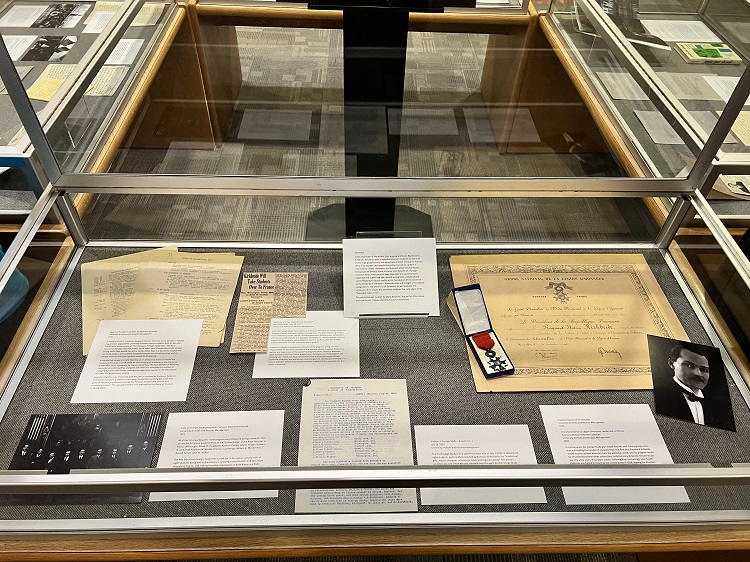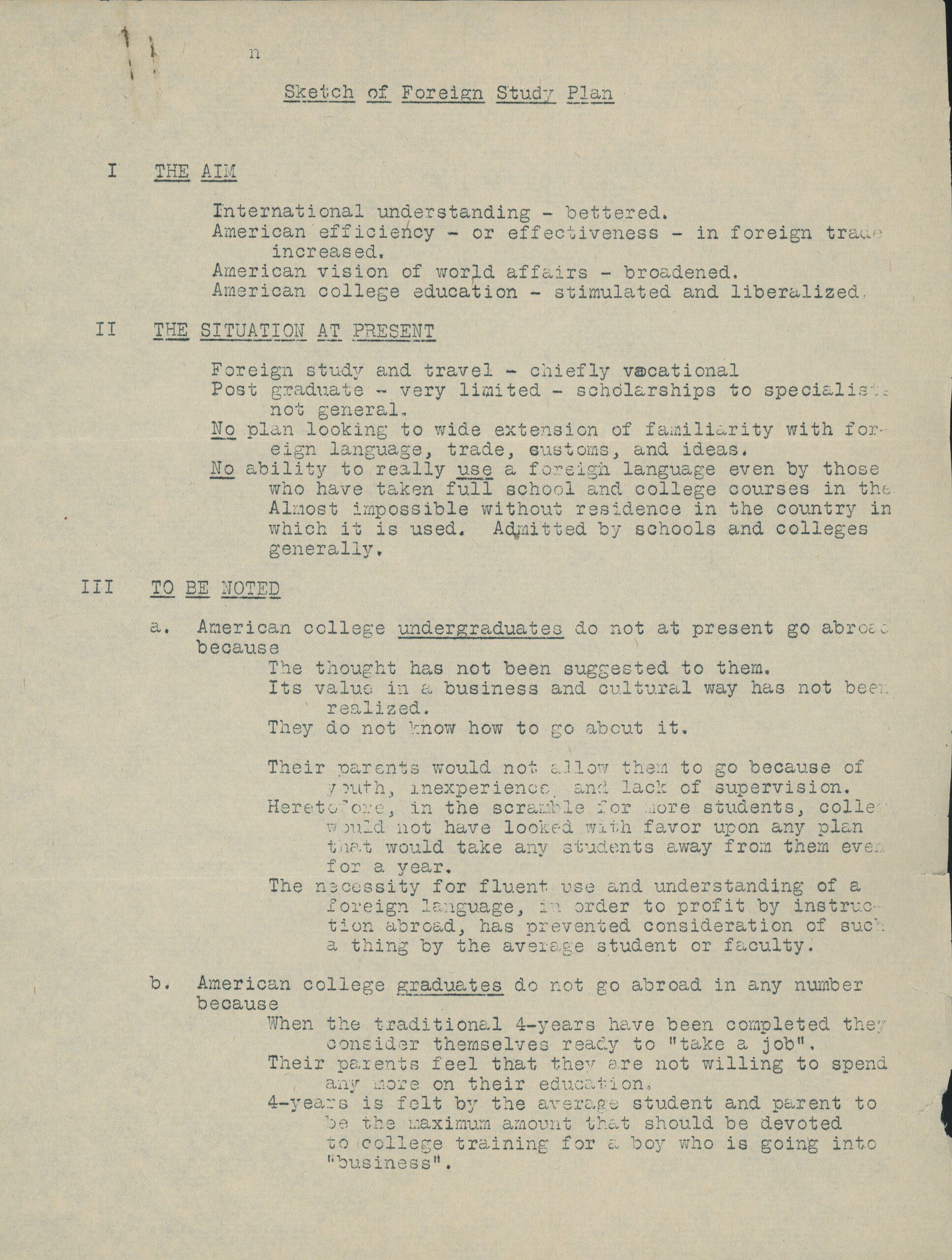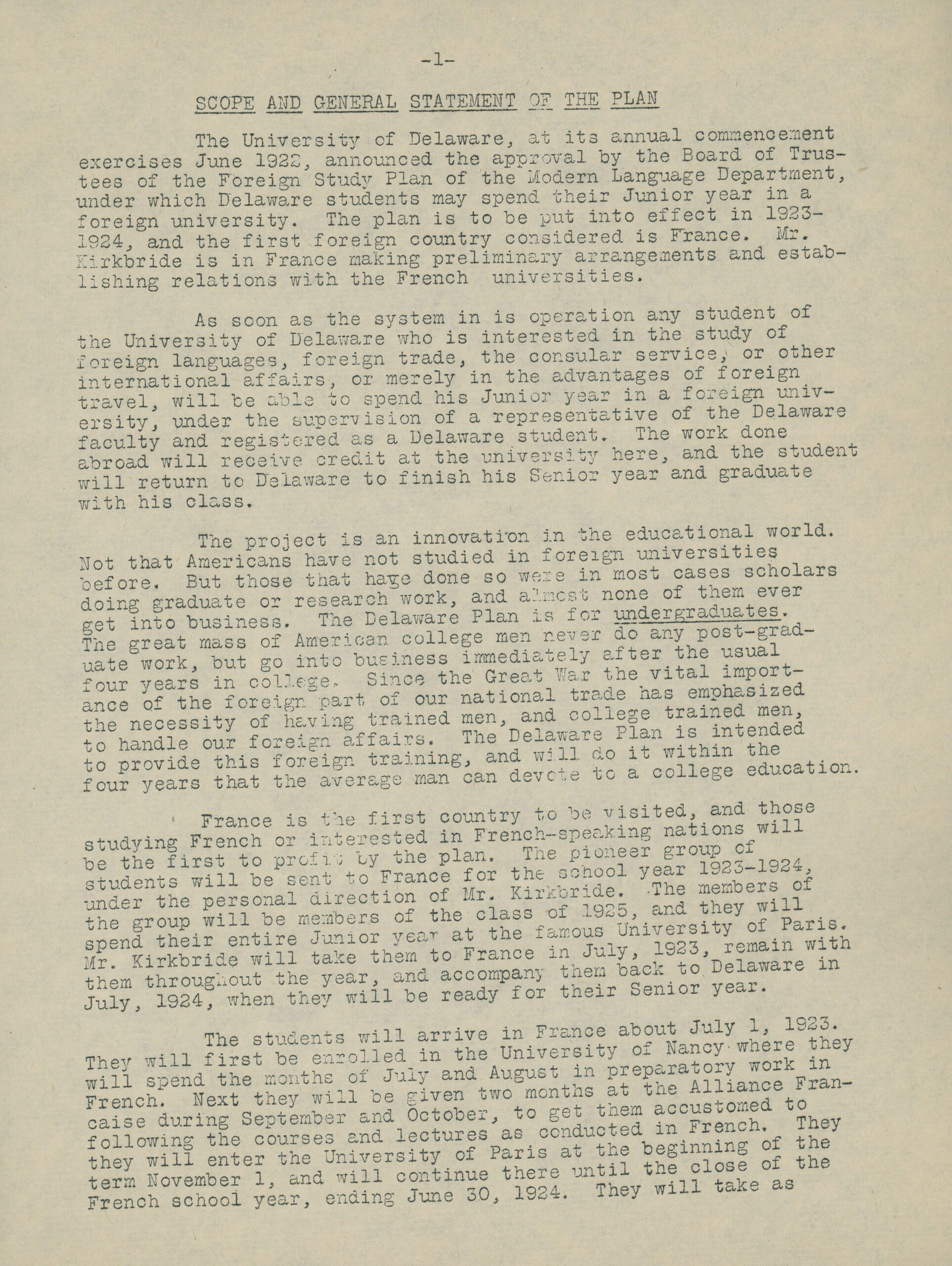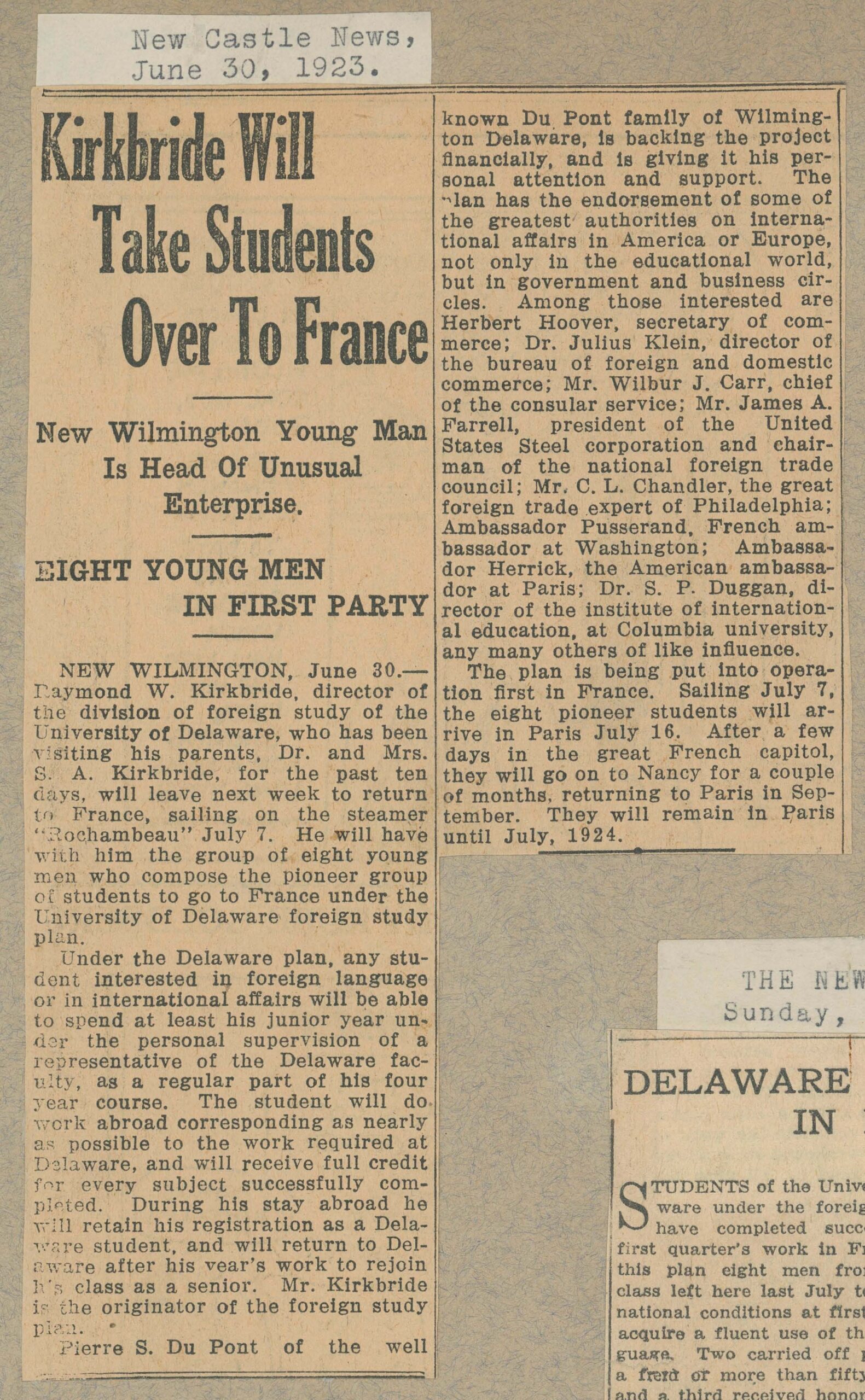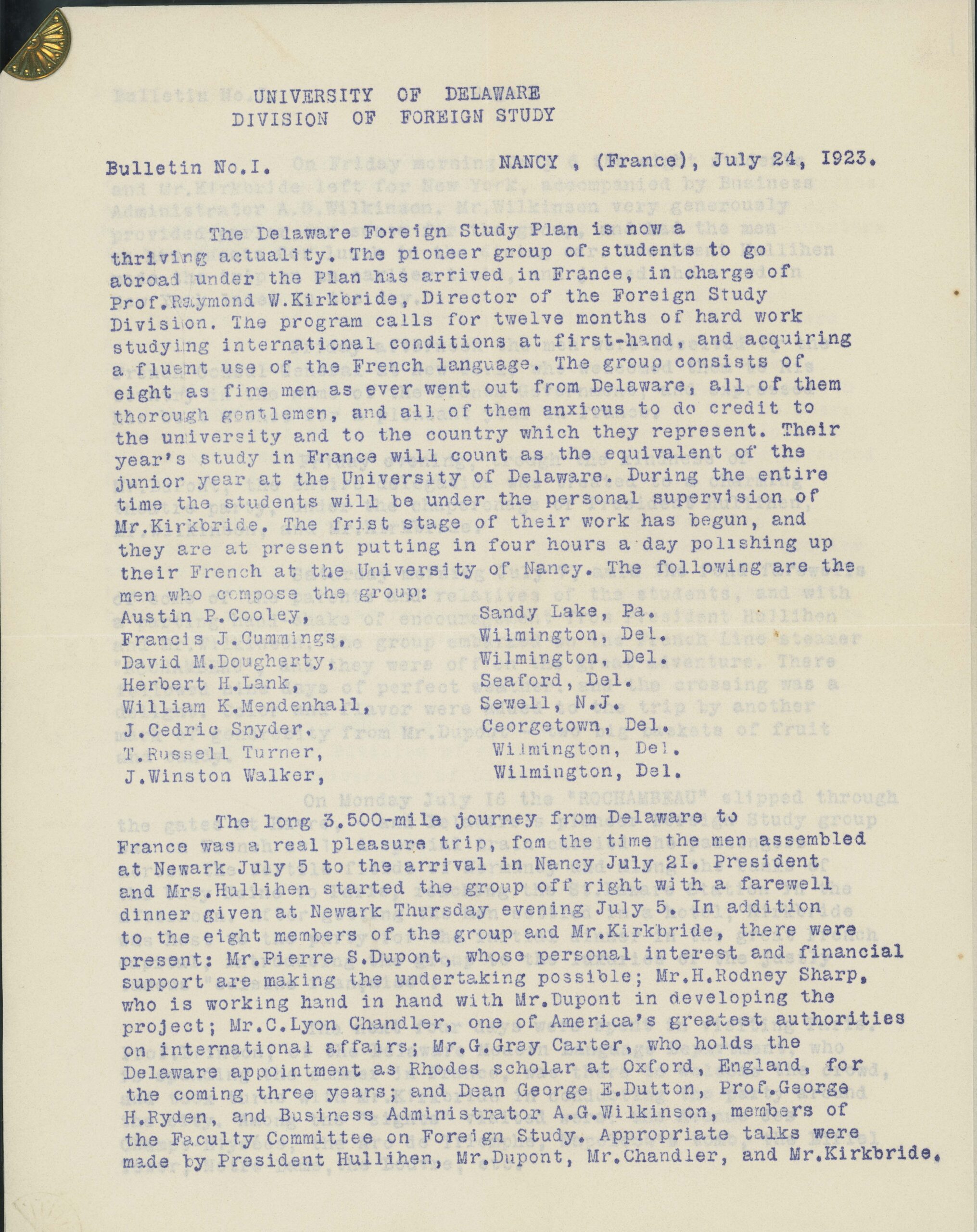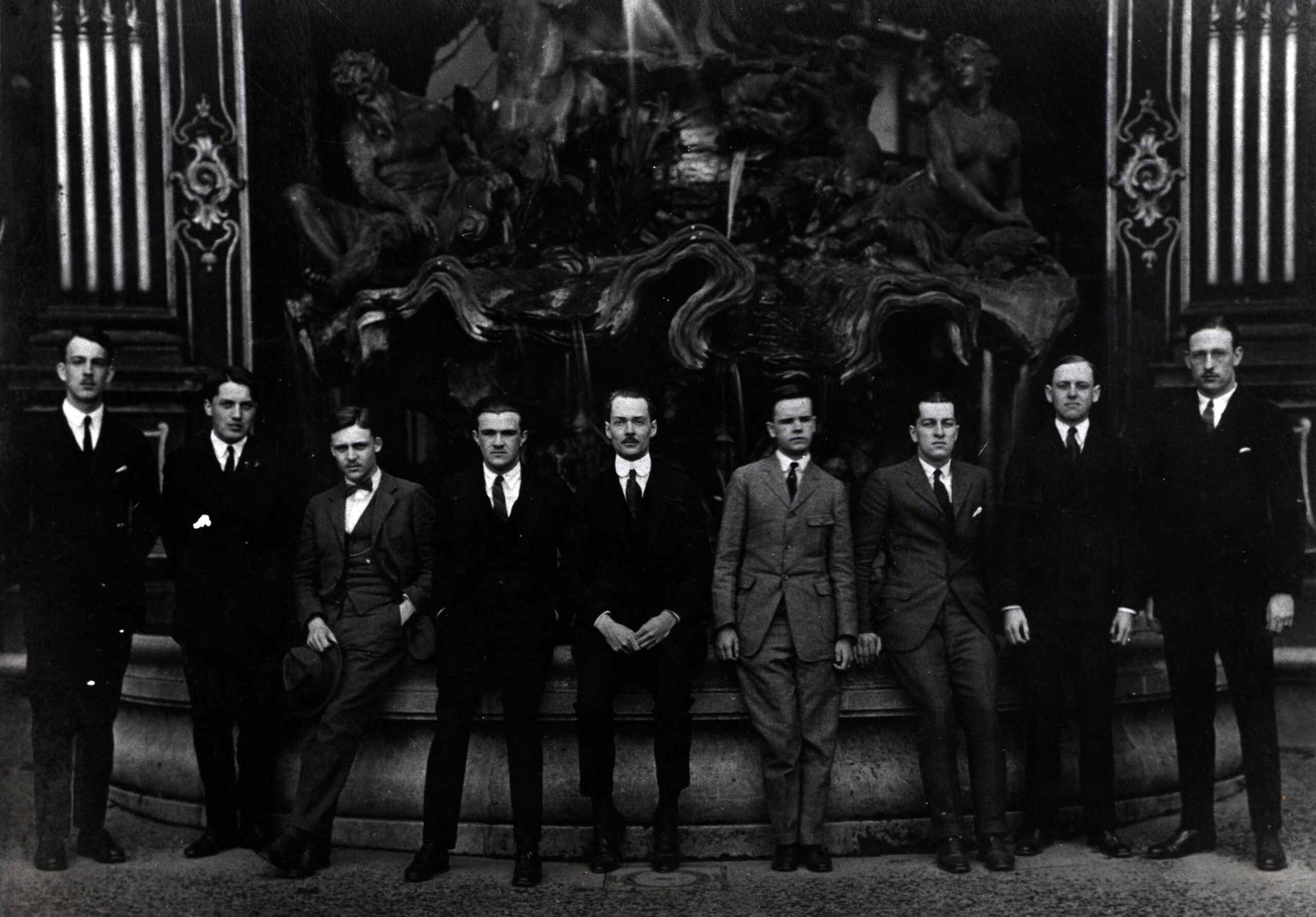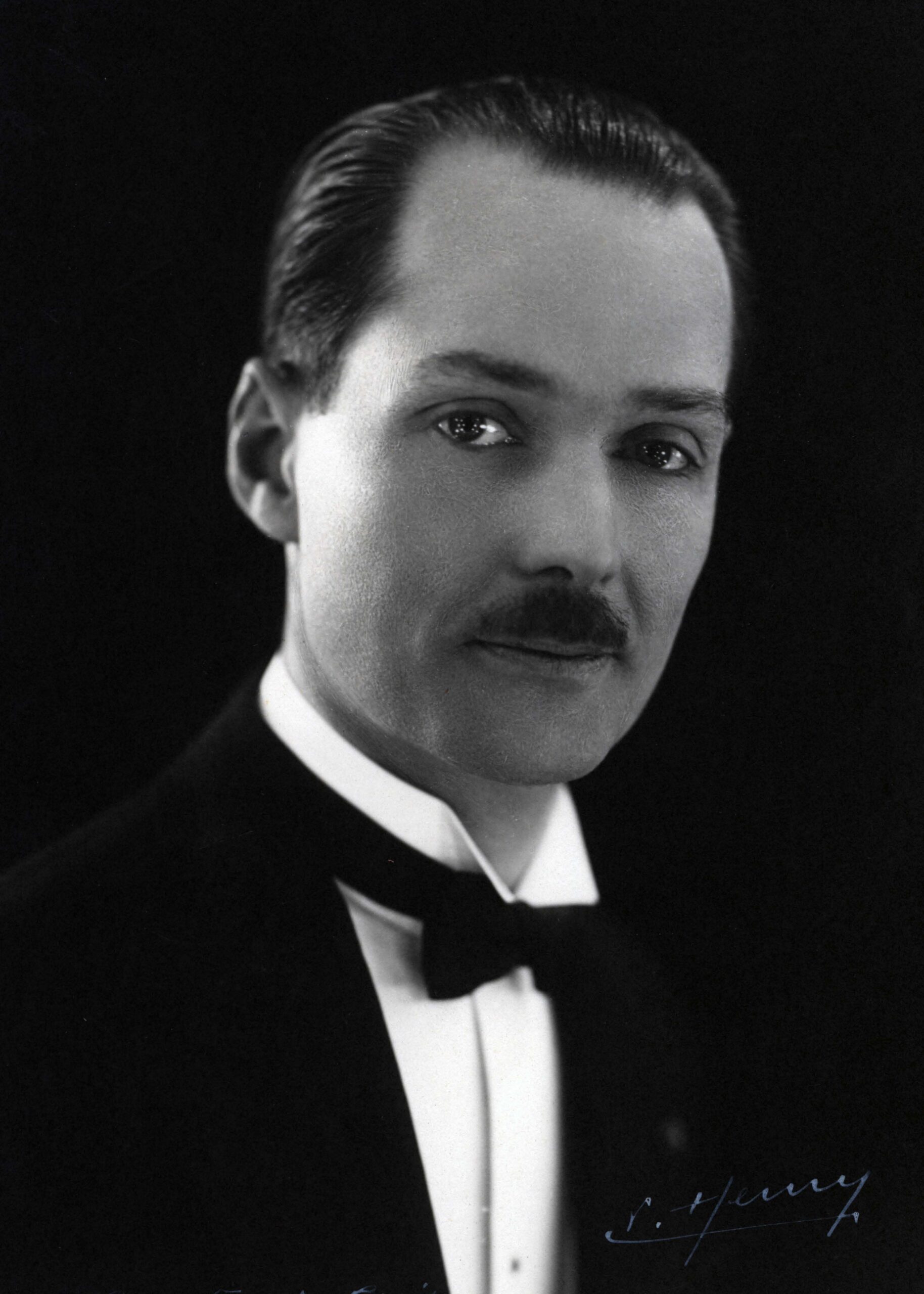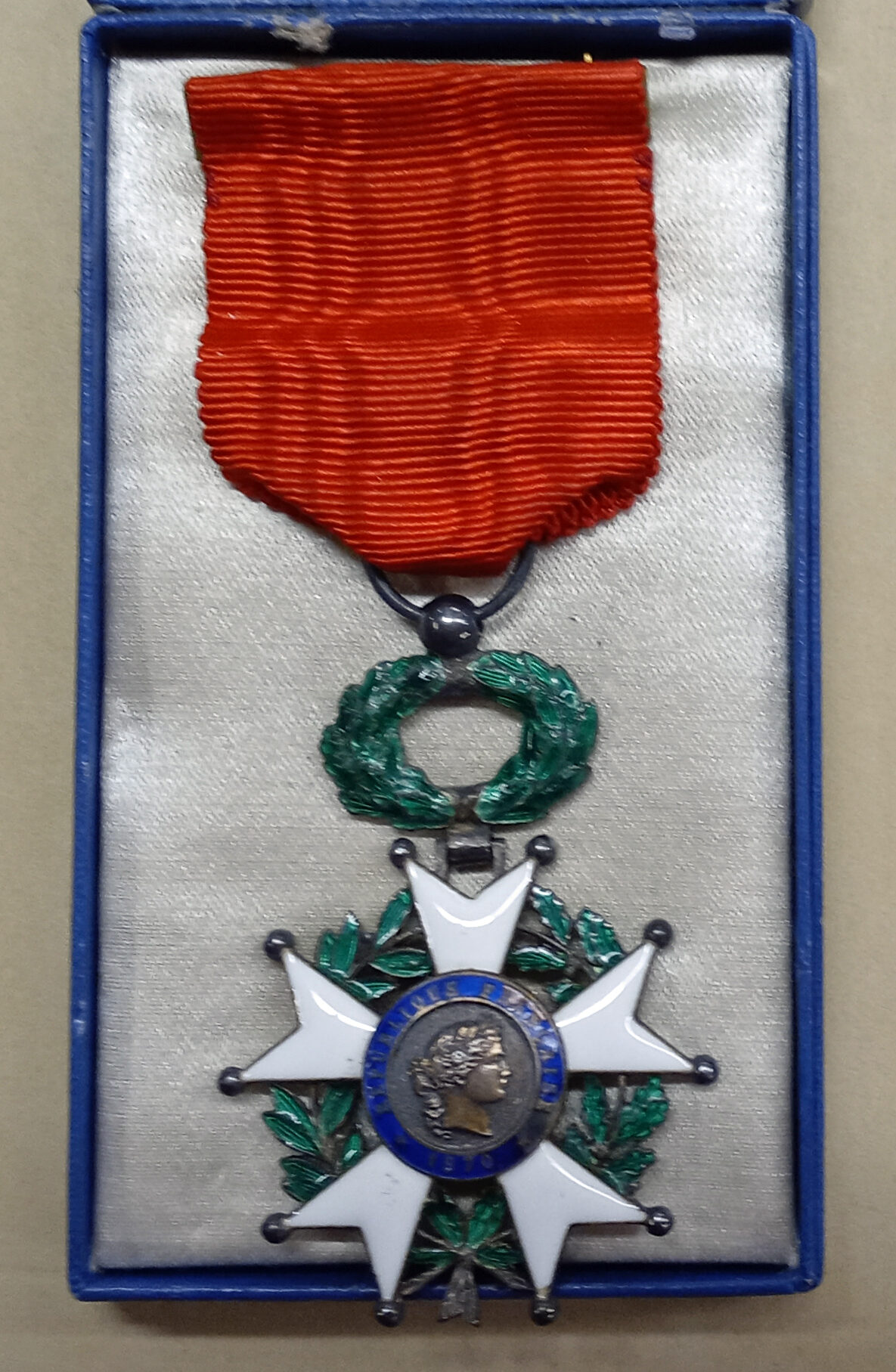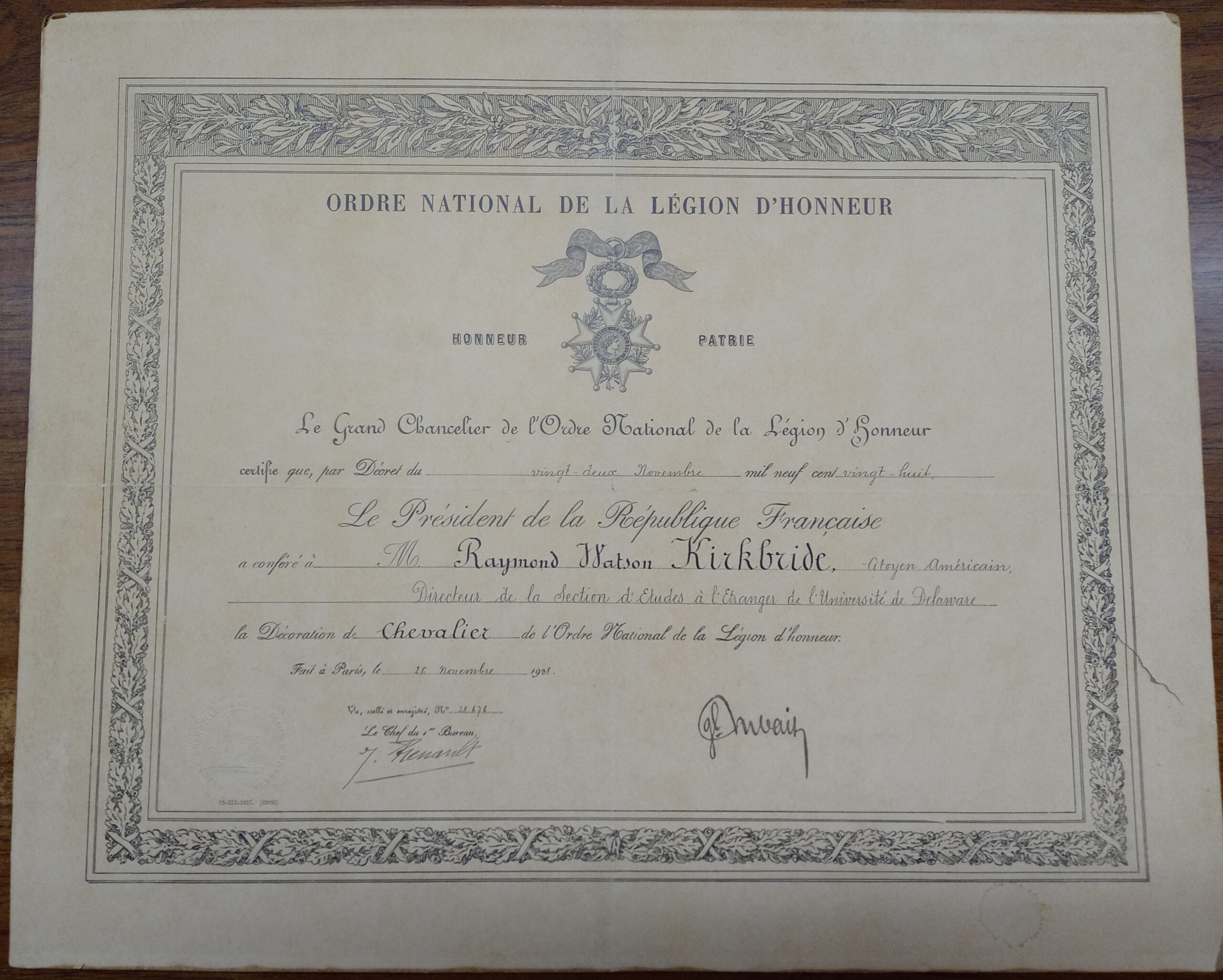In January of 1921, Professor Raymond Watson Kirkbride of the Modern Language Department approached University President Walter Hullihen with an idea that would come to be known as “The Delaware Foreign Study Plan.” The basic concept of the plan was that juniors could take a year of supervised study abroad, during which they would live with a family rather than in a dormitory. English was not to be spoken, and students would be exposed to cultural events as well as limited travel so that their horizons would be broadened.
Kirkbride had served in World War One as an ambulance driver in France and conceived this plan in 1919, while he was studying as a veteran at the University of Grenoble. Such a program, he hoped, would have the dual benefits of fostering international understanding and good will while also enlarging the number of college graduates with foreign training and experience needed in the educational, business and government sectors.
President Hullihen was impressed with the plan as outlined by Professor Kirkbride and had him prepare a sketch of the Foreign Study Plan outlining the scope and goals of the plan, a potential calendar for the year, and possible courses and cultural excursions. This was presented to and approved by the Board of Trustees in Spring 1922.
After the Foreign Study Plan’s approval, a Faculty Committee on Foreign Study was created, of which President Hullihen was the chair. The plan had strong support from numerous outside officials, including educators, businessmen, ambassadors and consular staff, and the U.S. Secretary of Commerce, Herbert Hoover. Financial support for the program was provided by Pierre S. du Pont, who was already closely associated with the University and its growth.
Professor Kirkbride was appointed director of the program, giving him full responsibility for the administration of the facilities abroad as well as the general welfare and supervision of the academic programs of the students. Kirkbride spent the rest of 1922 in France, preparing for the initial run of the program the following year. There, he made connections with a variety of French officials, appointed professors and preceptors, and arranged the coming year’s housing and cultural activities before returning to Delaware in early 1923 to assemble the first cohort of students.
The first Foreign Study Group sailed from New York on July 7, 1923. It consisted of eight students, each carefully selected by Professor Kirkbride for his “intellectual gifts, mature character, industrious habits and linguistic ability.” This group’s schedule was one which became standard over the years for the Foreign Study Group. They spent their first months in France in intensive linguistic training at the University of Nancy. Students moved to their Parisian quarters in the autumn, and in November, the group began the regular French academic year at the Sorbonne. Although the French professors graded the work of the students, the director of the Foreign Study Plan was responsible for transmitting and evaluating the student credits.
All of the initial participants in the program were Delaware College students. Here we see the full group posed in front of the “Golden Gates” in the Place Stanislas in Nancy. Left to right: David M. Dougherty, Austin P. Cooley, John C. Snyder, Herbert H. Lank, Prof. Raymond Kirkbride, Francis J. Cummings, William K. Mendenhall, T. Russell Turner, John W. Walker.
The first trip of the Foreign Study Plan turned out to be a great success, with all eight students doing well in their courses, enjoying cultural events and excursions throughout France, and making favorable impressions in both Nancy and Paris. Francis J. Cummings, a Delaware native, was particularly successful in his academic efforts. Cummings, who became blind in his childhood because of spinal meningitis, had been at the top of his Delaware College class during his first two years, and continued this path, earning high honors at the Sorbonne.
In coming years, the Foreign Study plan would flourish, with future groups more than quintupling the number of students from that first year. Raymond Kirkbride would receive national attention from the academic world, and his program would be emulated by several other universities. Unfortunately, Kirkbride himself would see only a few years of his plans unfold. Suffering from increasingly poor health, Kirkbride was forced to return to the United States in 1928, leaving the direction of the Foreign Study Plan to others. At the end of that year, the French government would award him with their highest civilian honor, the cross of the Ordre National De La Légion D’Honneur. Kirkbride received the medal at Johns Hopkins Hospital in February 1929, where he was being treated for sarcoma. He would pass away on February 28, 1929, at the age of 36, having made enormous accomplishments in international education during his short life.

